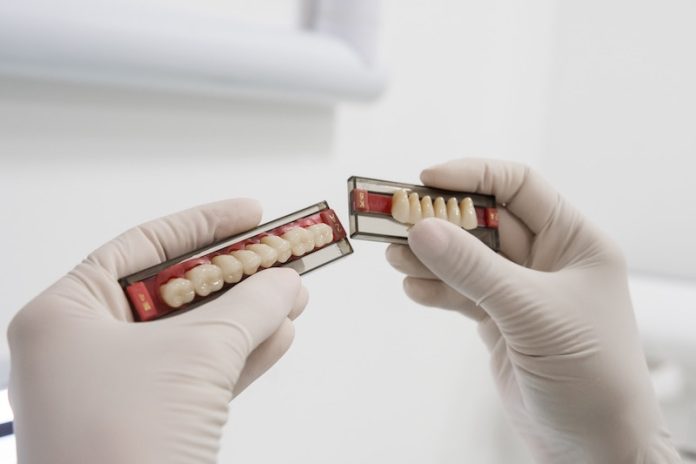
A common drug used to treat diabetes could also help with gum disease, a new study shows. This could be good news for people suffering from both conditions.
Gum disease, or periodontitis, is a common health problem around the world. It gradually destroys the tissues that support the teeth and is often made worse by stress and changes in bacteria.
Current treatments include cleaning the teeth, taking anti-inflammatory drugs, and sometimes surgery.
The Drug
The drug is called metformin. It’s been used for a long time to help control blood sugar levels in people with diabetes. But now, researchers think it might also help with gum disease.
The researchers studied how cells interact with metformin and how it affects a protein called HMGB1 during gum disease.
They found that metformin can lower stress in the cells and trigger a cleaning process in the cells, called autophagy, through a specific pathway.
The researchers also tested metformin in mice with gum disease and found that it reduced bone loss, which is a major sign of the disease.
This is big news because metformin seems to lower stress in gum cells and trigger a cleaning process in them. This process has been shown to reduce stress caused by the HMGB1 protein in the gums.
The researchers believe that metformin can lower the damage in the gums by reducing inflammation. This is in line with earlier studies showing metformin can reduce stress in cells.
The protein HMGB1 seems to play a big part in causing stress in the gum cells.
This suggests that this protein could be a good target for treating gum disease. This is a promising area for future research and drug development.
While these results are promising, the researchers say more work is needed.
They are hopeful that this study will lead to more research on the connection between metformin and HMGB1 in gum disease, and ultimately, to more effective treatments.
Metformin’s possible role in treating gum disease could be a game-changer, especially for patients suffering from both diabetes and gum disease.
This study gives hope for a cheap, well-tolerated, and easily available treatment option. This is part of the larger goal in medicine to develop treatments that not only manage the symptoms of a disease but also address its root cause.
If you care about diabetes, please read studies about new way to achieve type 2 diabetes remission, and one avocado a day keeps diabetes at bay.
If you care about bone health, please read studies about vitamin K deficiency linked to hip fractures in old people, and these vitamins could help reduce bone fracture risk.
The study was published in Genes & Diseases.
Follow us on Twitter for more articles about this topic.
Copyright © 2023 Knowridge Science Report. All rights reserved.



